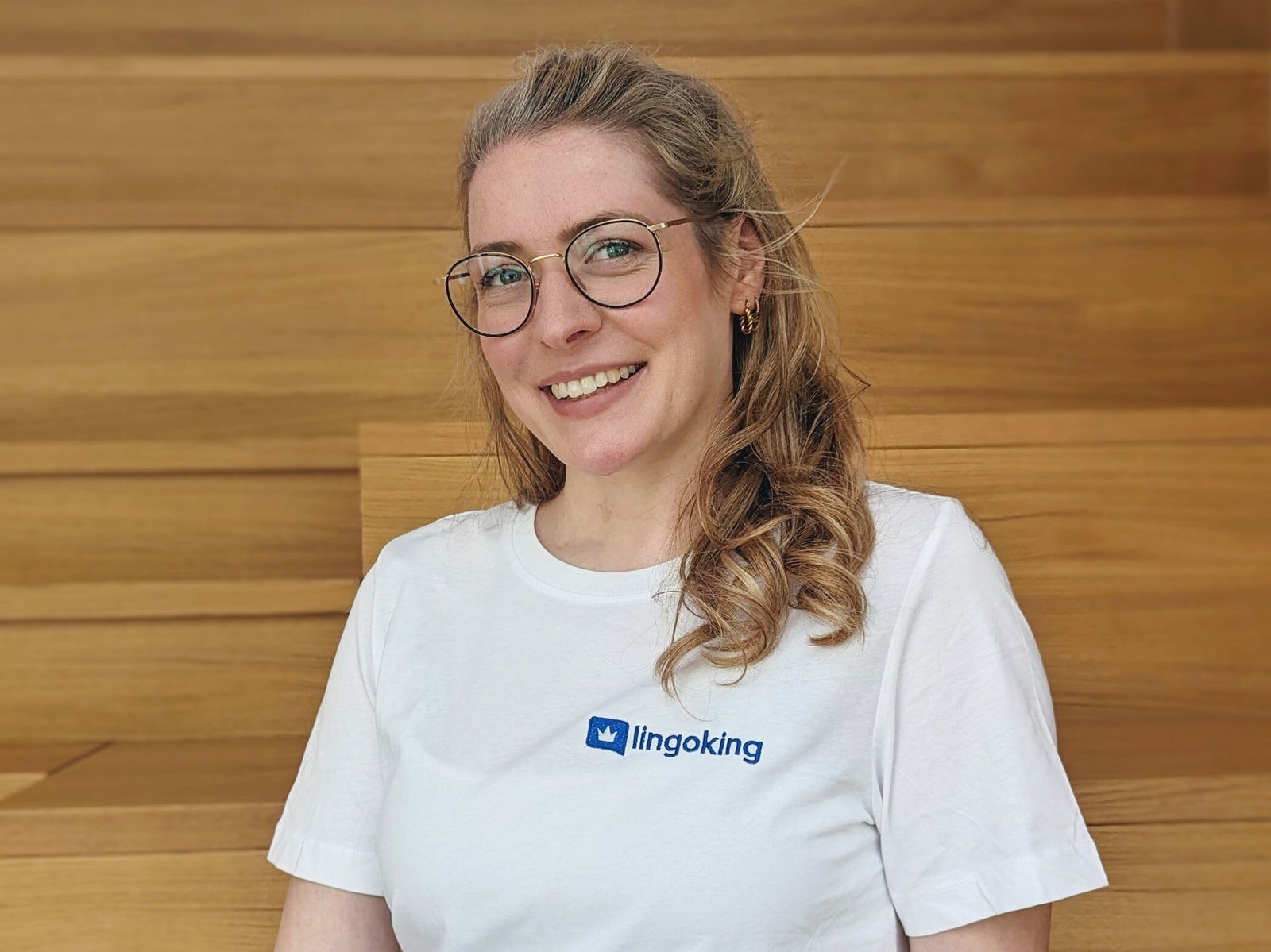
Visa for Canada
Are you planning to stay in Canada for a longer period of time or even emigrate? Generally speaking, it is not that easy to secure a permanent visa for Canada. But your chances increase if you are a skilled worker. You also have the option of staying in Canada for a limited period of time. Find out more about your visa options in this article.
Visitor visa: eTA for stays that last up to 6 months
As a German tourist, you may enter Canada with a visitor visa, also known as Electronic Travel Authorization (eTA). Processing your eTA can take several days so please make sure you apply well before your visit. If your eTA application is incomplete, it may be delayed or refused, which can incur high cancellation fees. To apply for your eTA, you need a valid passport (an ID card is not enough). Please note that with an eTA, you have to arrive in Canada by airplane, not by road or sea transport.
With a valid eTA, you can stay in Canada for up to six months. Your eTA is linked to your passport, so it remains valid for five years or when your passport expires. That means that if you need a new passport, you will also need a new eTA. Please note that an eTA does not give you permission to work in Canada. You will need a work visa for this purpose.
7 CAD (approx. 5 euros)
usually a few days; more if you need to submit any other documents
Skilled workers: visas for specialists
However, there are also ways to obtain a permanent visa in Canada - for example as a skilled worker. The easiest way is via the Express Entry System. With this system, applications from applicants are processed online. You can apply for the following programmes via this system:
Canadian Experience Class
for skilled workers with at least one year of work experience in Canada within the last three years (TEER categories 0-3)
Federal Skilled Worker Program
for skilled workers with work experience in Canada or other countries that meet additional language and education requirements (TEER categories 0-3)
Federal Skilled Trades Program
for skilled workers in trade jobs with work experience in other countries, a job offer or a Canadian Certificate of Qualification and solid language skills. You will receive the Certificate of Qualification from your Canadian province once your qualification has been reviewed.
Canada’s National Occupational Classification (NOC) divides jobs and qualifications into so-called TEER categories.
Federal Skilled Worker Program
At this point, we will take the most common route, the Federal Skilled Worker Programme, out of the equation. To qualify for this, you need at least 67 out of 100 points. You will receive points for:
You get points for:
- Language skills (28 points max.)
- Occupational training/apprenticeship (25 points max.)
- Work experience (15 points max.)
- Age (12 points max. – you get the most points if you are between 18 and 37 years old)
- Canadian employment contract that spans over at least one year (10 points)
- Adaptability (10 points max.
You must also have sufficient funds and state a potential address for residence.
Process
To apply for one of the above programmes, create a profile via the Express Entry system.
You will need the following documents to register:
- Your passport
- A language test from a recognised language institute
- An “Educational credential assessment report” to assess your qualifications
- A job offer or employment contract from a Canadian company (if available)
- Proof of work experience
- “Certificate of Qualification” for skilled trades (if available)
- Proof of sufficient financial means
If your profile qualifies, you will be included in a pool. In this pool, your profile will be assessed via the Comprehensive Ranking System (CRS). Points are awarded for skills, education and degrees, language skills, work experience and other factors.
All submitted profiles are evaluated in fortnightly invitation rounds. Each invitation round has an individual minimum number of points, depending on how well qualified the applicants are. It is therefore important that you are among the best in your round. The more points you have, the better. If you are among the best, you will receive an invitation to apply for permanent residence within the next 60 days.
application including permanent residence fee 1,525 CAD (approx. 1,018 euros), plus any costs to have your documents translated and certified
within 6 months
Provincial Nominee Program (PNP)
This programme is also dedicated to skilled workers, but each province and territory is in charge of actioning it themselves, which is why there are different requirements for each applicant. Once you know which province or territory you want to apply to, please make sure you find out about the corresponding requirements.
You can apply for the Provincial Nominee Program online using the Express Entry System, or contact your province or territory directly. To apply online, set up a profile and state the provinces and territories you are interested in. If your profile is chosen, you will receive a “notification of interest”, in which case you can contact the province or territory directly. If you get a nomination, you must add it to your profile, which gives you an extra 600 points towards the Comprehensive Ranking System. Then you cross your fingers and hope to get an invitation to apply for permanent residence.
If you do not want to apply via the Express Entry System, please send your application directly to the province or territory of your choosing. Check first to see if you qualify for the PNP of the respective province or territory. Then you can apply via the Permanent Residence Portal. If you get a nomination, you can apply for permanent residence online.
application including permanent residence fee 1,525 CAD (approx. 1,018 euros), plus any costs to have your documents translated and certified
within 6 months with Express Entry; 11 months via the province or territory directly
Documents required
- Certificate of good conduct
- Proof of sufficient financial means
- Birth certificate
- Marriage certificate (if you are married)
- Divorce certificate (if you are divorced)
- Death certificate (if you are widowed)
- Proof of relationship to a Canadian relative
- Digital photos to verify your identity
Family sponsorship
Do you have family or relatives in Canada? If so, they might be your gateway to a permanent visa for Canada. However, the family sponsorship process comes with strict requirements.
Your Canada-based family member or relative has to meet the following criteria:
- Canadian citizenship or permanent residence permit
- Canadian residence
- Sufficient financial means to cover themselves and you/the person planning to emigrate to Canada
Only the following family members can come to Canada on a family sponsorship:
- Brother, sister, nephew, niece or grandchildren if underage and orphaned
- Spouses and life partners
- Son or daughter (either underage or no older than 22 and financially dependent)
- Parents
- Grandparents
Other relatives such as aunts and uncles may also enter Canada on a family sponsorship if the following criteria apply:
- if the person already living in Canada no longer has any living close relatives, or
- if they have no other relatives in Canada.
If you qualify for this programme, you will need to complete several applications. The competent Canadian authority will then review whether your sponsor ticks all the boxes before checking if you meet all the relevant criteria as an applicant. If your application is approved, you will get a so-called “Confirmation of Permanent Residence”. You must have this document on you when you enter the country.
between 170 CAD (approx. 113 euros) and 1,200 CAD (approx. 800 euros)
The more independent the family members, the higher the fee.
between a few months and two to three years
Start-up visa
Do you have a business idea that you want to start in Canada? Then a start-up visa might be the right choice for you. To qualify, your business idea has to be innovative and your new company should have the potential to create jobs in Canada and be globally competitive.
Requirements:
- You must present your business idea to an organisation and get their approval.
- You must have the required language skills.
- You must have sufficient financial means to secure your livelihood in Canada.
application including permanent residence fee of 2,385 CAD (approx. 1,590 euros), plus any costs to have your documents translated and certified
three years
Please do your research
Once you have decided on a programme that is right for you, please do your research and allow extra time for any approvals you may need. If you plan to emigrate to Québec, please gather all the information you need, as the local regulations differ from those for the rest of Canada.
Translation of your documents
You will need to have your documents translated from German to English. You will also need to have any official documents certified. In some cases, you may also need an apostille to confirm the authenticity of your document translations. Please check if you need an apostille for your specific documents. If so, you will have to have it translated as well. You can have all your certified translations done in Germany – the Canadian government accepts them.
Mehr Informationen
zum Thema Auswandern nach Kanada
If you want to find out more about living in Canada or the different visa types for permanent residence, have a look at our other guides:
FAQs: Visas for Canada
A Working Holiday visa for Canada allows you to stay in the country for up to 12 months. The application process takes about six weeks.
Yes, German citizens need a visa to travel to Canada. If you enter Canada as a tourist, you must have a visitor’s visa/eTA (Electronic Travel Authorization). If you plan to stay longer, you will need a permanent visa for Canada. To work and travel in Canada, you can apply for a Working Holiday visa.
You can apply for a Working Holiday visa at any time. Processing times are usually about six weeks.
To apply for a visa for Canada, you can visit the Canadian government’s website.
Yes, you can apply for a visa for Canada by visiting the Canadian government’s website.


